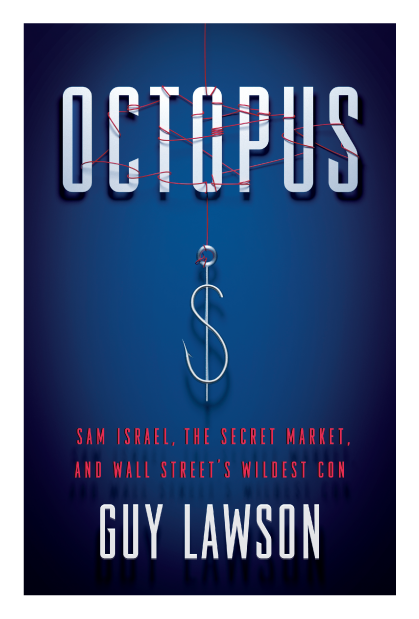Three Dimensions, and Printed, but not Real
Okay, let’s run the promoted stocks scoreboard:
| Ticker | Date of Article | Price @ Article | Price @ 12/9/13 | Decline | Annualized | Splits |
| GTXO |
5/27/2008 |
2.45 |
0.014 |
-99.4% |
-60.9% |
|
| BONZ |
10/22/2009 |
0.35 |
0.001 |
-99.6% |
-74.2% |
|
| BONU |
10/22/2009 |
0.89 |
0.001 |
-99.9% |
-79.4% |
|
| UTOG |
3/30/2011 |
1.55 |
0.001 |
-99.9% |
-93.0% |
|
| OBJE |
4/29/2011 |
116.00 |
0.350 |
-99.7% |
-89.1% |
1:40 |
| LSTG |
10/5/2011 |
1.12 |
0.015 |
-98.7% |
-86.2% |
|
| AERN |
10/5/2011 |
0.0770 |
0.0001 |
-99.9% |
-95.3% |
|
| IRYS |
3/15/2012 |
0.261 |
0.000 |
-100.0% |
-100.0% |
Dead |
| RCGP |
3/22/2012 |
1.47 |
0.300 |
-79.6% |
-60.4% |
|
| STVF |
3/28/2012 |
3.24 |
0.490 |
-84.9% |
-67.1% |
|
| CRCL |
5/1/2012 |
2.22 |
0.028 |
-98.8% |
-93.5% |
|
| ORYN |
5/30/2012 |
0.93 |
0.038 |
-95.9% |
-87.6% |
|
| BRFH |
5/30/2012 |
1.16 |
0.420 |
-63.8% |
-48.6% |
|
| LUXR |
6/12/2012 |
1.59 |
0.015 |
-99.1% |
-95.6% |
|
| IMSC |
7/9/2012 |
1.5 |
0.800 |
-46.7% |
-35.8% |
|
| DIDG |
7/18/2012 |
0.65 |
0.049 |
-92.5% |
-84.4% |
|
| GRPH |
11/30/2012 |
0.8715 |
0.053 |
-93.9% |
-93.5% |
|
| IMNG |
12/4/2012 |
0.76 |
0.063 |
-91.7% |
-91.4% |
|
| ECAU |
1/24/2013 |
1.42 |
0.330 |
-76.8% |
-81.2% |
|
| DPHS |
6/3/2013 |
0.59 |
0.007 |
-98.8% |
-100.0% |
|
| POLR |
6/10/2013 |
5.75 |
0.090 |
-98.4% |
-100.0% |
|
| NORX |
6/11/2013 |
0.91 |
0.160 |
-82.4% |
-97.0% |
|
| ARTH |
7/11/2013 |
1.24 |
0.182 |
-85.3% |
-99.0% |
|
| NAMG |
7/25/2013 |
0.85 |
0.785 |
-7.6% |
-19.1% |
|
|
12/9/2013 |
Median |
-97.2% |
-88.4% |
Market regularities are heartening.? It’s astounding how regular the losses are from promoted stocks.
On to tonight’s loser-in-waiting, Makism 3D Corp [MDDD].? This is another company with no revenues, has never earned a dime, etc.? It used to be a company that supposedly was trying to improve cellular telephony, but never earned a dime doing so.? So they bought a UK company that was supposedly working on 3D printing, and surrendered the company to them.
It would be incredibly surprising that a company of three people would be able to overthrow the 3D leaders — DDD and SSYS.? They have invested a lot of time, money, and effort to improve 3D printing, and a startup can beat them with less than a million bucks, and less than a year, with a young undifferentiated staff?? I don’t think so.? Or, as an old-style pinball machine might say, “TILT!”
I don’t buy it, and you should not either.? As with all promoted stock scams, the hard part is identifying who benefits.? My guess is affiliates of the guy who wrote the glowing report.? The company has disclaimed ay responsibility.
In any case, avoid promoted stocks.? Do your own research, and buy stocks that you find attractive.? Don’t buy anything that another is trying to pitch you.
Two zeroes merge, and should we expect a positive result?? I think not.



